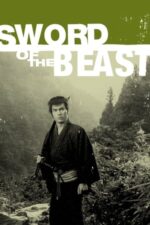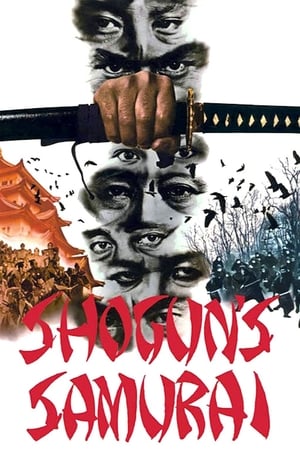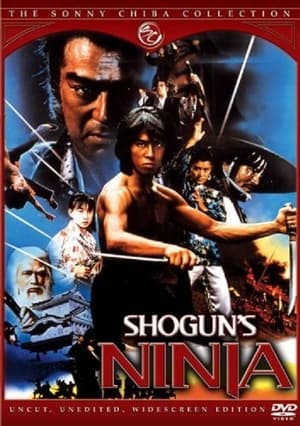Shogun Movies and TV Shows – Explore Epic Stories & Anime
Think back to Kurosawa's "Seven Samurai" or "The Last Samurai". What do these films share beyond their striking cinematography and rich period detail? They delve into the heart of Japan's feudal past, examining the codes of honor, duty, and loyalty embodied by its samurai warriors - themes encapsulated in the term "shogun."
The word 'shogun' itself, borrowed from usages in Chinese history, was adopted by 12th-century Japan to designate a military dictator with supreme executive power. However, it has since evolved into a symbol representing much more than just political authority. The films we'll discuss here delve deeply into this multifaceted concept, unpacking the complexities of power dynamics, loyalty, and personal honor in an era defined by relentless conflict and ceaseless change.
In "Shogun's Ninja," we witness Hideyoshi, a warlord driven by ambition and greed, seeking to eradicate the enigmatic Momochi clan for their rumored fortune in gold. As commander Shiranui navigates this treacherous landscape, his pursuit becomes less about wealth and more about survival amidst shifting allegiances and ancient traditions. This film showcases how shogun can represent not just political might but also personal resilience in the face of relentless conflict.
"Shogun's Samurai" plunges us into the tumultuous aftermath of a second Tokugawa Shogun's death, where rivalries between Iemitsu and Tadanaga drive factions apart. Here, shogun symbolizes not just political power but also the human capacity for ruthlessness when ambition is at stake. Yagyu's betrayals underscore this darker side of the term, highlighting its potential to signify corruption and deceit as much as authority.
Hanzo the Razor: Sword of Justice takes a different tack, placing us firmly in Edo-era Japan with a police inspector who uses unorthodox methods to pursue justice. This film explores shogun through the lens of duty and loyalty, showing how it can manifest not just among warriors but also within law enforcement - a fascinating reflection on the enduring relevance of these ancient values in contemporary society.
"Sword of the Beast" tells the story of Gennosuke, a low-ranking swordsman betrayed by his comrades and forced to adapt to life among nature. As he joins a group covertly mining gold from the shogun, Sword of the Beast masterfully depicts shogun as an idea that transcends political boundaries, delving into themes of survival, betrayal, and redemption.
"An Actor's Revenge" brings us to a world of opulent theatrics where a kabuki actor turns avenger. Here, shogun is blurred with identity as the protagonist steps out from behind the stage into reality. It explores power dynamics and human duality through the lens of theatre - a thought-provoking examination of how deeply intertwined these concepts are with our very selves.
Finally, "The 47 Ronin" chronicles the legendary tale of ronin seeking retribution for their disgraced lord. This film explores shogun through lenses of loyalty and duty, showing how it binds individuals together even in times of great hardship and political turmoil.
Each of these films presents a different facet of the multifaceted jewel that is 'shogun'. They remind us that while Japan's feudal era may be long gone, its enduring values continue to resonate powerfully today - in cinematic narratives and beyond. As we watch these tales unfold, they serve not just as windows into a bygone era but also as mirrors reflecting our own complex relationship with power, loyalty, and personal honor.
In essence, these films aren't merely stories set against the backdrop of feudal Japan; they are explorations of timeless themes that continue to shape human societies across cultures and centuries. They remind us that beneath the veneer of change, some aspects of our nature remain remarkably constant - a testament to the enduring power of storytelling in cinema.






























